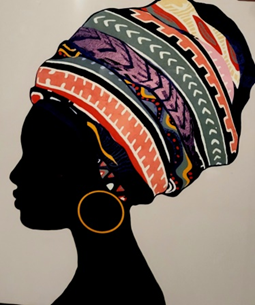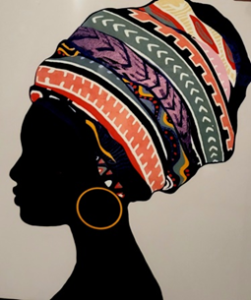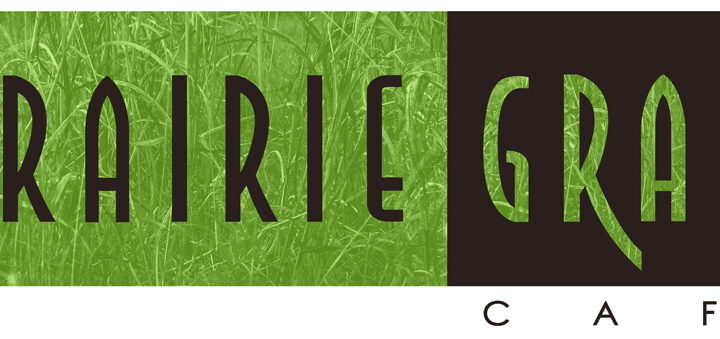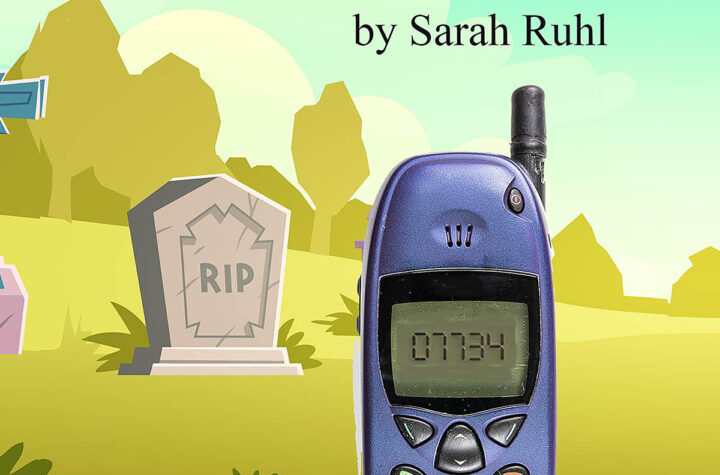
 [rating=5]If you love mama, mommy, or mother—whatever you choose to call her or whatever relationship you have with her—“The Mamalogues” is a show you shouldn’t miss! It is strikingly brilliant, filled with keen observations and anecdotes. Playwright Lisa B. Thompson has created a blue-ribbon script that is poignant yet funny, lighthearted yet inspirational, and this production will have you laughing while you’re learning oh so much! Superbly directed by Tim Rhoze, this 90-minute performance is a tour de force—and you’ll need to see it more than once to absorb it all, in a good way! Mama is the woman who has given birth to you and who has thought about YOUR needs and concerns from the moment of her pregnancy until you’re past college age and living on your own. But what about HER? Who is she? What does she think about? What words of wisdom spring from her lips? And how does she develop the fortitude to teach her young ones what they need to know to make their way in the world?
[rating=5]If you love mama, mommy, or mother—whatever you choose to call her or whatever relationship you have with her—“The Mamalogues” is a show you shouldn’t miss! It is strikingly brilliant, filled with keen observations and anecdotes. Playwright Lisa B. Thompson has created a blue-ribbon script that is poignant yet funny, lighthearted yet inspirational, and this production will have you laughing while you’re learning oh so much! Superbly directed by Tim Rhoze, this 90-minute performance is a tour de force—and you’ll need to see it more than once to absorb it all, in a good way! Mama is the woman who has given birth to you and who has thought about YOUR needs and concerns from the moment of her pregnancy until you’re past college age and living on your own. But what about HER? Who is she? What does she think about? What words of wisdom spring from her lips? And how does she develop the fortitude to teach her young ones what they need to know to make their way in the world?
“The Mamalogues” is a combination of monologues and dialogues by three incredible actors: Sylvia Wynn (Lauren Holmes), Stacie Doublin (Tasha Simmons), and Sandra Adjoumani (Beverly Franklin). Initially, they play three main characters: all mothers—one divorced, one widowed, and one who has had a child outside of marriage. They have gathered at a retreat for single black mothers, known by its initials: BBSM. Lauren leads the group, and Tasha a/k/a “Dr. T.” is its former head. Beverly, a more recent member, is initially seated in the audience and is called upon to join them on stage. Having her sprinkled within the audience at the outset makes all of us feel as if we’re being included in the support group; nicely done. Once the three women sit together, they have a heart-to-heart conversation, where each one shares their experiences of what it means to be a mother and raise a child through adulthood.
Shortly after the three actors establish their primary characters, they morph into a huge array of secondary characters, such as children, husbands, friends, neighbors, and other women. Dialogues with these foils concretize the mothers’ anecdotes, enhance the overall story, and move the plot forward. Under Rhoze’s fine direction, the three actors navigate among these multiple roles with a transition and ease to be envied.
While the story dwells on similarities in a mother’s role that transcend culture, space, and time, the prime focus is on the black mother’s experience. We learn that “parenting while black” is not a monolith. Parenting styles are typically influenced by family situation, culture, class, religion, region of the country, and other distinctions. In addition, we witness racial differences between blacks and whites with respect to childrearing, not to mention handling issues regarding trust, friendliness, fear, and social distance. Perhaps the most difficult part of the show to watch has to do with when a black mother has to clue in her child about racial discrimination and prejudice in the larger society. This play touches on “the talk” that a black mother might need to have with a young black man or young black woman, who might be unfairly targeted because of their race and possibly killed or seriously injured. The playwright emphatically makes this point by having the mothers recite the names of those African Americans who died intentionally or “mysteriously” at the hands of the police or vigilantes. Moreover, we come to understand how the black mothers’ conversations with their children eventually turn to the meaning of the “N-word” and the distinction that must be made when it’s used among racist whites versus among some blacks themselves as a means of camaraderie; all depending on the word’s pronunciation and intonation. I should mention here that after the play ended, one (white) woman from the audience told me how she had gotten tearful during this part of the show. How and why does a parent who loves their child have to be put in such a terrible position to have to explain the meaning of hate?
Some of my favorite parts of the performance have to do with the uses of language and dialect and how seamlessly the actors alter their voices to suit their various roles. For example, Doublin mimics a fire-and-brimstone preacher in the Black Church (Baptist and A.M.E.), as well as a black woman from the Caribbean and a mammy from the days of the slavery; she does so with such conviction and aplomb! Adjoumani, with her long straight red hair, credibly plays several white women. It is Wynn, however, who is the glue that bonds the threesome. In all, playwright Thompson’s witty and scathing words that she puts into the mouths of her characters can be very funny, but, in the last analysis, practically everything has a serious edge to it. The balance is perfect! I loved it all!
Sound design by Peter Clare is excellent, especially with the insertion of the church music. Scenic painte artist Sarah Kaiser-Amaral has provided a friendly backdrop for this presentation; in particular, the drawings of pregnant women are nicely appropriate to the show’s theme. Plus graphic designers Jennifer Presant and Laura Lynn White have created a beautiful online program. Lighting designer Piper Kirchhoffer smoothly shifts the lights to reflect changes in mood and perspective to subtly mark off scenes. Other crew members of note are technical director Evan Sposato, choreographer Kara Roseborough, and costume designer Bria Walker.
While all mothers deal with their love, concern, and pain with regard to raising their offspring, what makes this story special is that it is framed around the African American experience. Black people throughout the United States have a somewhat different burden in raising a child as compared to their white counterparts; and, as this show indicates, single black women might find it to be useful to have a support system separate from that of their family and close friends. What is best about this play is that it brings up difficult issues having to do with race without stating the obvious truth in a painful way or in a way that makes the audience feel uncomfortable—no matter what your race or social background may be. Despite the seriousness of the topic, everybody is in for a very good laugh! The script is amazing, and all of the actors are wonderful and convincing.
There are only six performances of “The Mamalogues” in total, so run and buy your tickets now! You’ll love this production and won’t be able to get enough of it!
“The Mamalogues” is running through Sunday, August 7, 2022 at the Fleetwood-Jourdain Theatre at the Noyes Cultural Arts Center, 927 Noyes Street, in Evanston.
General admission tickets are $30.
Performance schedule:
Saturdays at 7:00 p.m.
Sundays at 3:00 p.m.
To purchase tickets, visit: https://apps.cityofevanston.org/webtrac/wbwsc/webtrac.wsc/search.html?module=PST&display=detail&keyword=FJT
If you are a Premium Gold Member and wish to guarantee your seats, email: fjtheatre@cityofevanston.org. To become a Premium Gold Member, visit: https://apps.cityofevanston.org/webtrac/wbwsc/webtrac.wsc/search.html?module=PST&keyword=Gold%20Member%20Card&SessionID=%3C?VSI-SessionID?%3E.
For general information about the Fleetwood-Jourdain Theatre and their offerings, go to: https://www.cityofevanston.org/about-evanston/arts-and-culture/theatre/fleetwood-jourdain-theatre#ad-image-1.
Note that COVID requirements are in place. Everybody must show proof of vaccination and wear a mask indoors. Requirements are subject to change.
To see what others are saying, visit www.theatreinchicago.com, go to Review Round-Up and click at “Mamalogues”.






More Stories
“Dead Man’s Cell Phone”
“the distrikt of lake michigun”
“Mother Courage and Her Children” reviewed by Jacob Davis